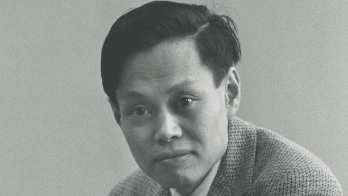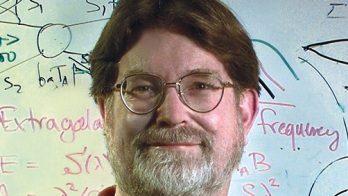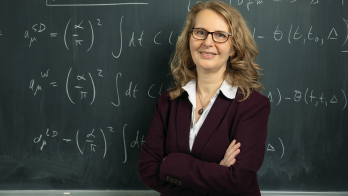Every year the ALICE, ATLAS, CMS and LHCb collaborations award outstanding PhD students, who worked on the experiments, with the thesis prizes. Over the past months 15 early-career researchers have been recognised for their contributions during the collaborations’ meeting weeks.
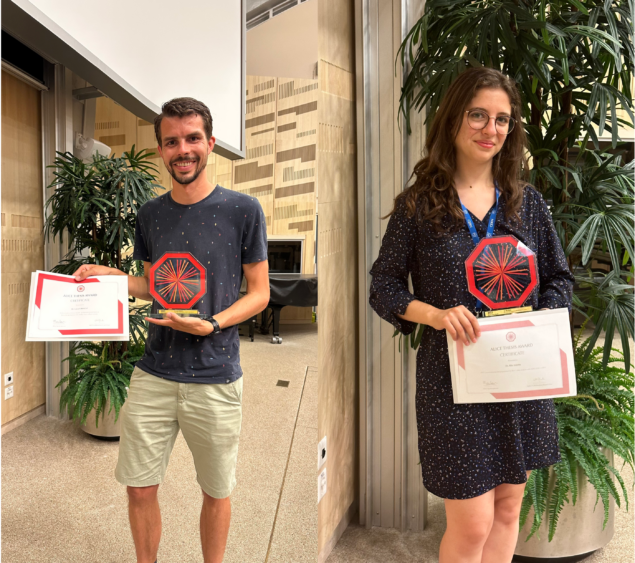
Thesis awards from ALICE
During ALICE Week at CERN from 10-14 July, 2023 the collaboration awarded its annual thesis awards to: Rita Sadek (Subatech/IN2P3; LHCb/LLR Palaiseau) for “MFT (muon forward tracker) commissioning and preparation for Run 3 data analysis with ALICE”; and Luuk Vermunt (Utrecht University; ALICE/GSI) for “Hadronisation of heavy quarks; production measurements of heavy-flavour hadrons from small to large collision systems”. Both defended their theses last year and were picked from 21 other submitted theses.
Success for ATLAS eight
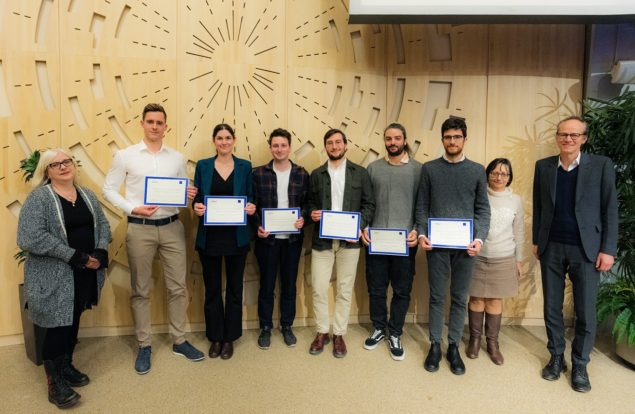
Eight ATLAS PhD students have been announced winners of the collaboration’s 2022 thesis awards: Daniel Camarero Munoz (Universidad Autónoma de Madrid) for “Measurements of the inclusive isolated-photon and photon-plus-jet production in pp collisions at 13 TeV with the ATLAS detector”; Giuseppe Carratta (University of Bologna; INFN) for “Search for Type-III See Saw heavy leptons in leptonic final states using proton-proton collisions at 13 TeV with the ATLAS detector”; Guglielmo Frattari (Sapienza University of Rome; Brandeis University) for “Investigating the nature of dark matter and of the Higgs boson with jets and missing transverse momentum at the LHC”; Maria Mironova (University of Oxford; Berkeley Lab) for “Search for Higgs Boson Decays to Charm Quarks with the ATLAS Experiment and Development of Novel Silicon Pixel Detectors”; Brian Moser (Nikhef; CERN) for “Boson Production at High Energy in Decays to Bottom Quarks and Their Interpretations with the ATLAS Experiment at the LHC”; Giulia Ripellino (KTH Stockholm; Uppsala University) for “Haystacks and Needles – Measuring the number of proton collisions in ATLAS and probing them for the production of new exotic particles”; Bastian Schlag (JGU Mainz; Stanford University) for “Advanced Algorithms and Software for Primary Vertex Reconstruction and Search for Flavor-Violating Supersymmetry with the ATLAS Experiment”; and Emily Anne Thompson (DESY; Berkeley Lab) for “Search for long-lived Supersymmetric particles using displaced vertices with the ATLAS detector at the LHC”.
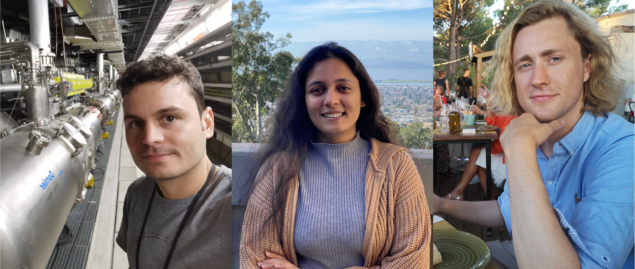
CMS recognizes theses
During CMS week (12-16 Jun, 2023) at CERN, the collaboration recognized three PhD students who defended their theses between Nov and Dec 2022 on CMS-related work. Angira Rastogi (IISER Pune; LBNL) did her thesis on “Inclusive nonresonant multilepton probes of new phenomena”, especially focusing on BSM searches and track reconstruction. Writing about “Searches for undiscovered processes using the multi-lepton final state in proton-proton collisions at CMS” Willem Verbeke (Ghent University; Zenseact) looked at unknown processes such as the production of sterile neutrinos, single top-quark production as well as searching for supersymmetry using neural networks. For his PhD David Walter (Hamburg University; CERN) did “First differential measurements of tZq production and luminosity determination using Z boson rates at the LHC”, investigating single top-quark production associated with the Z boson.
LHCb awards for aspiring researchers
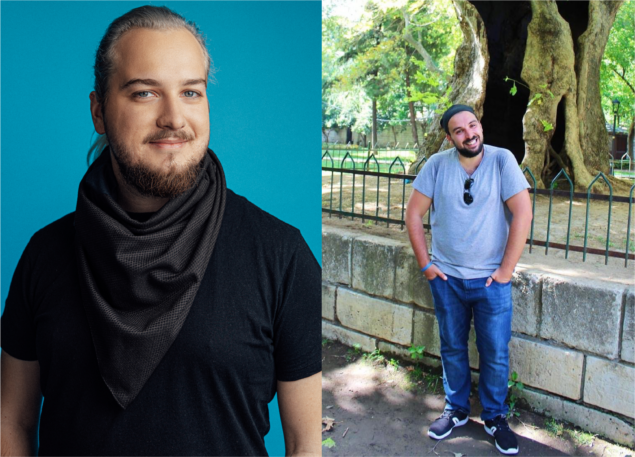
On 7 June, the LHCb collaboration honoured PhD students who made exceptional contributions to the collaboration with their theses. Saverio Mariani (Universita di Firenze; CERN) was awarded for his work on fixed-target physics with the LHCb experiment, using proton-helium collision data to understand antiproton production in cosmic rays. Peter Svihra (University of Manchester; CERN) was recognised for detector R&D towards a silicon-pixel detector for the upgraded LHCb detector.





